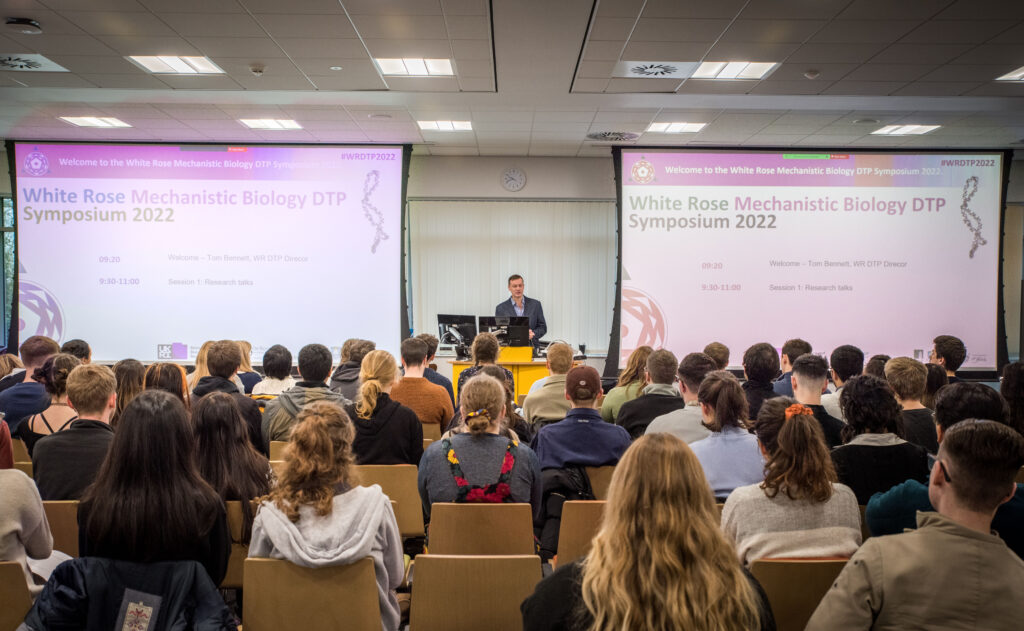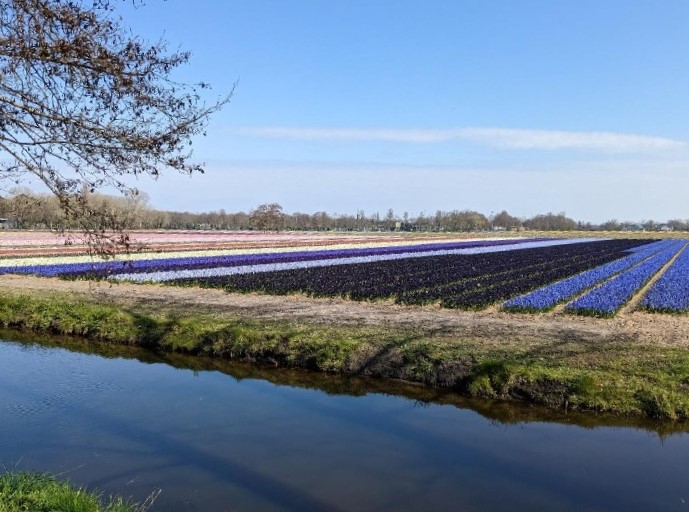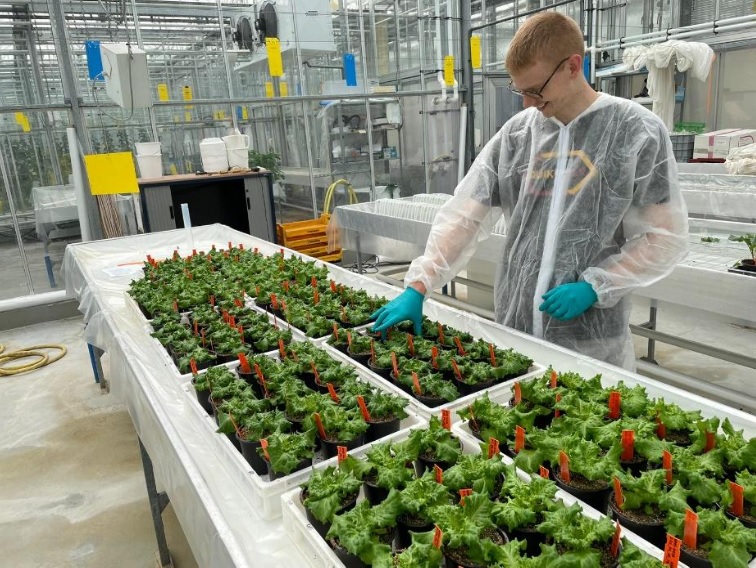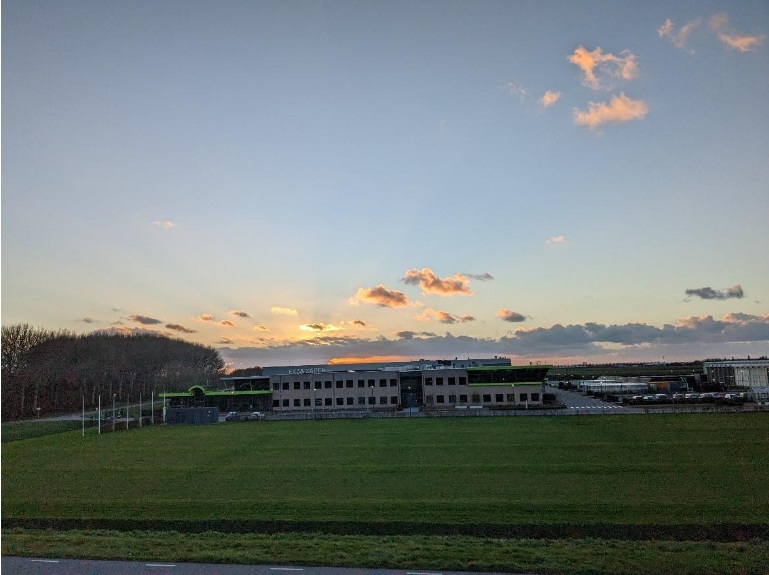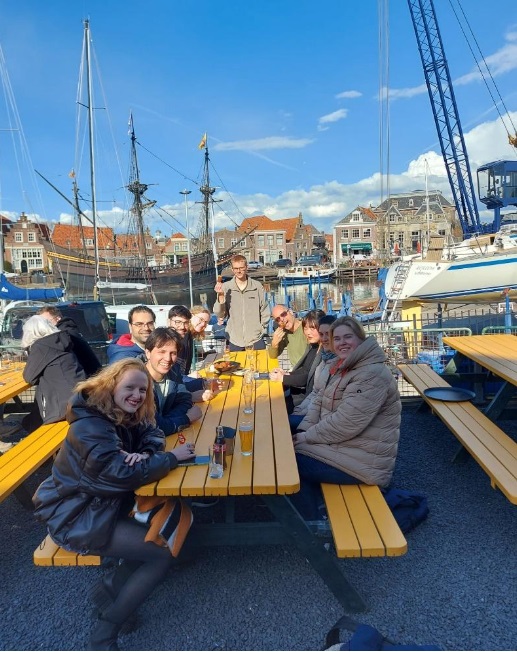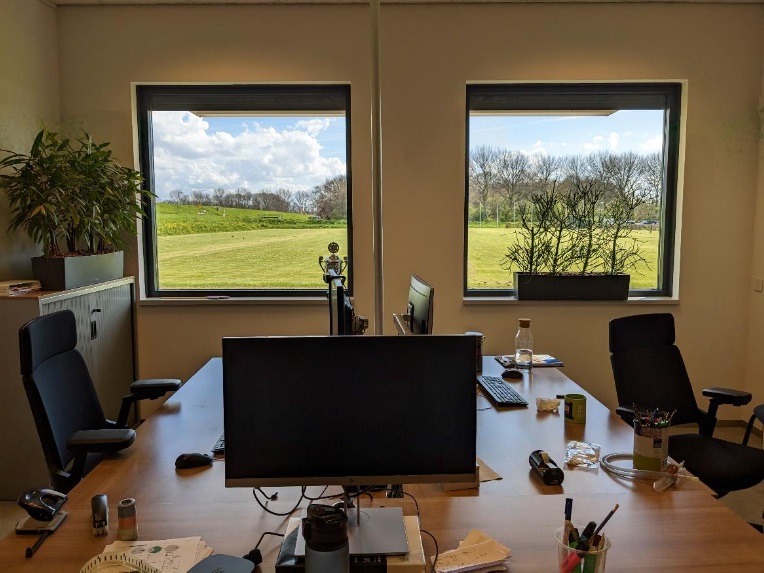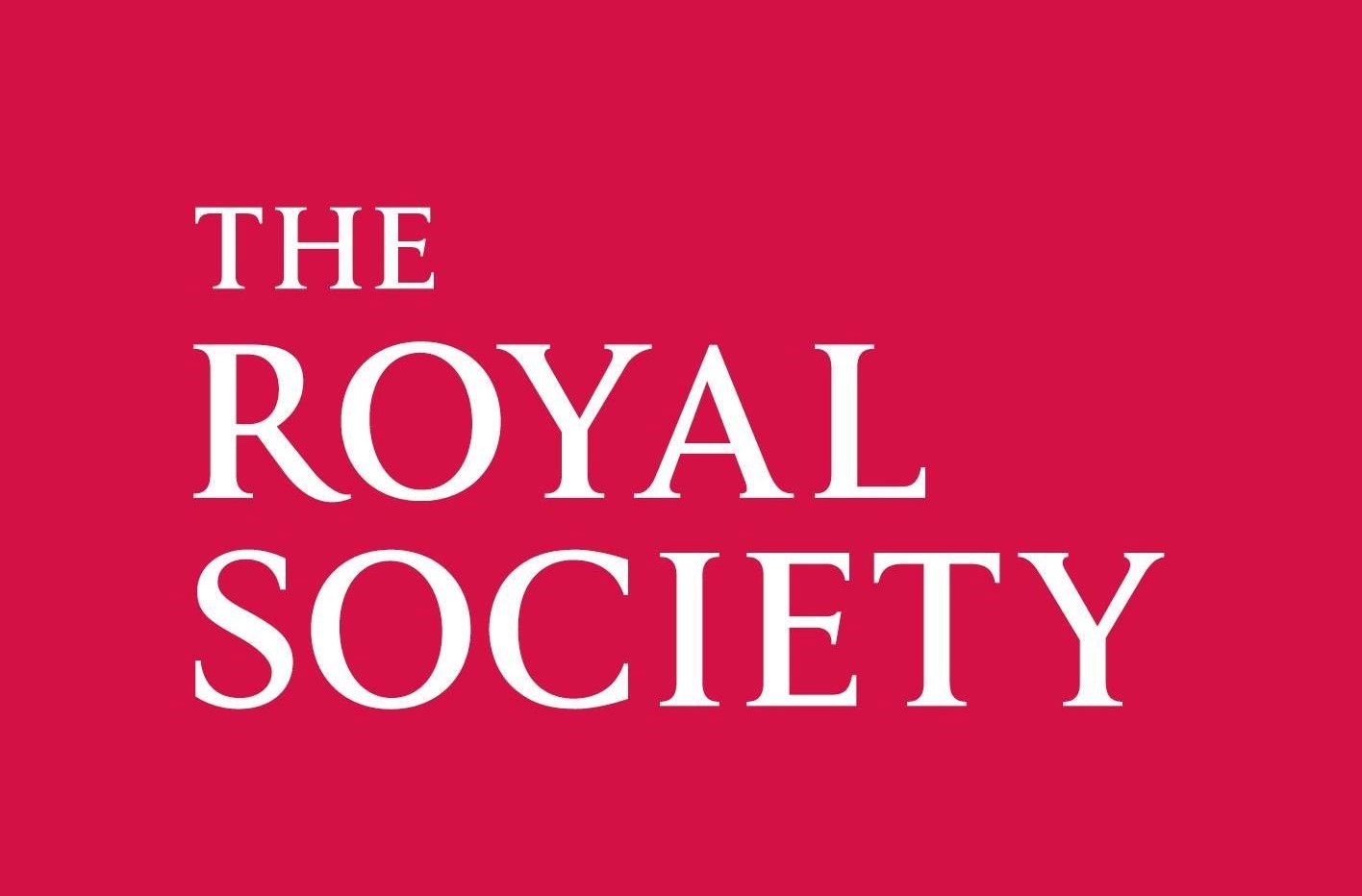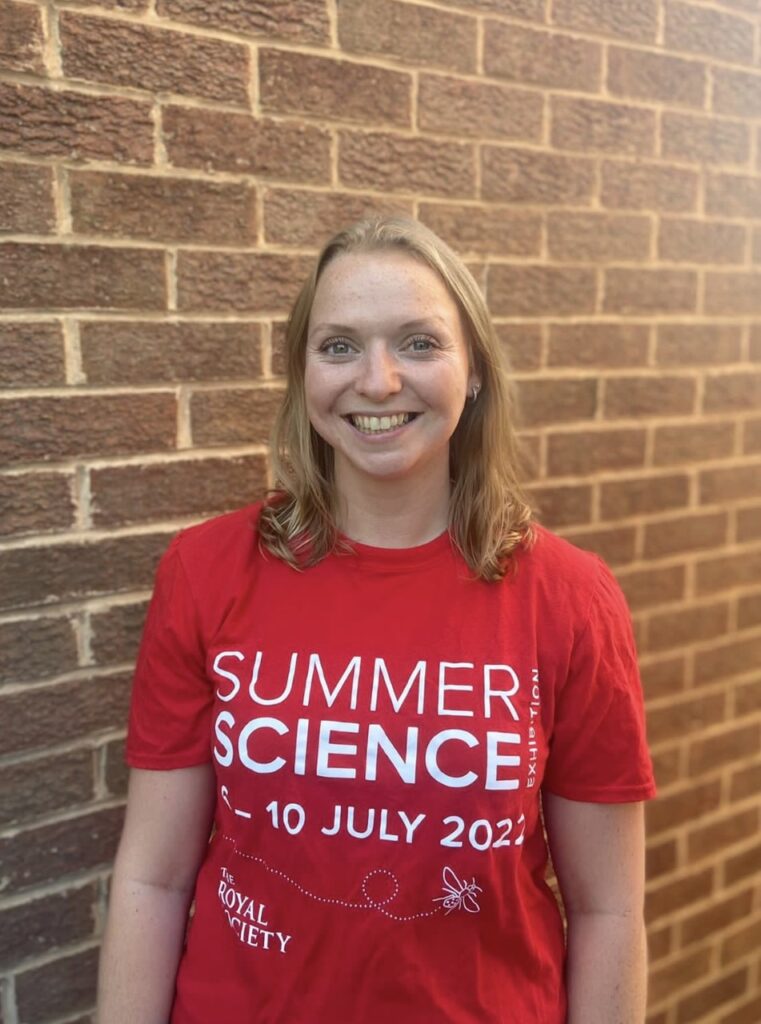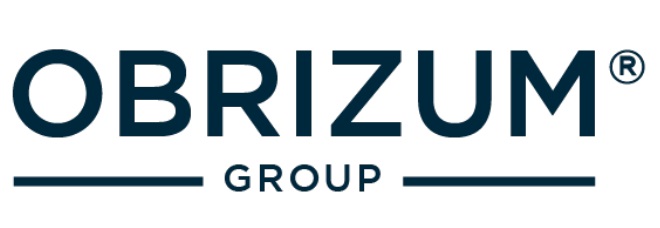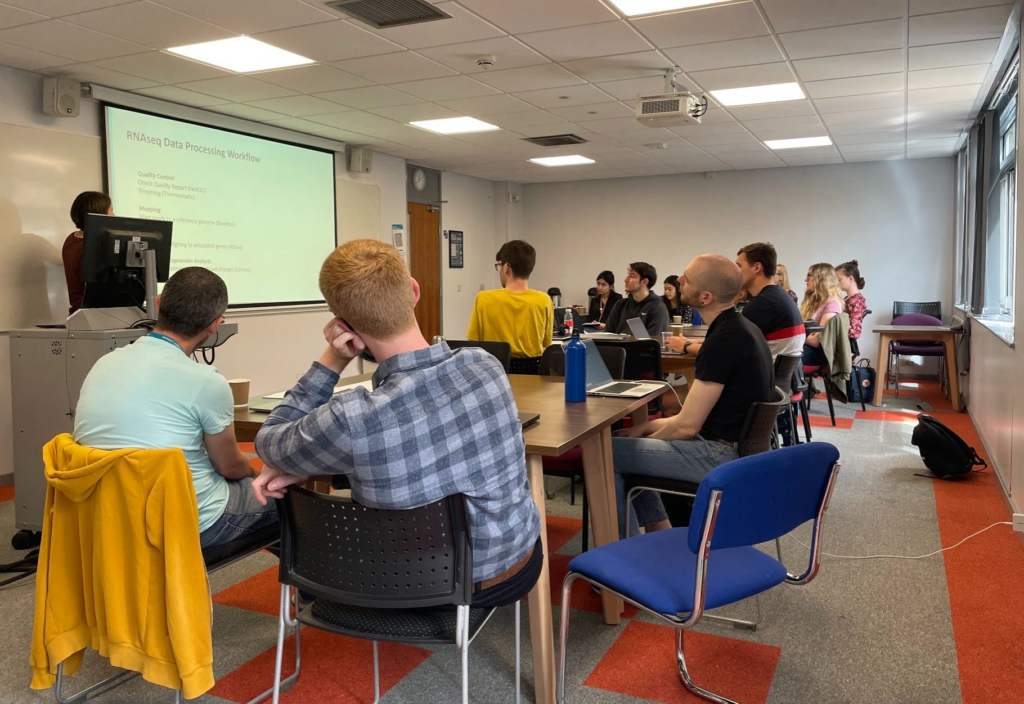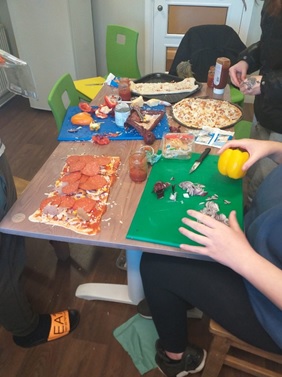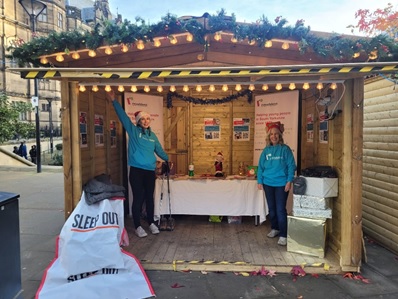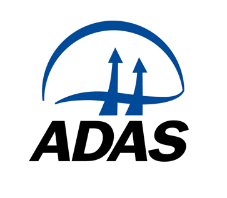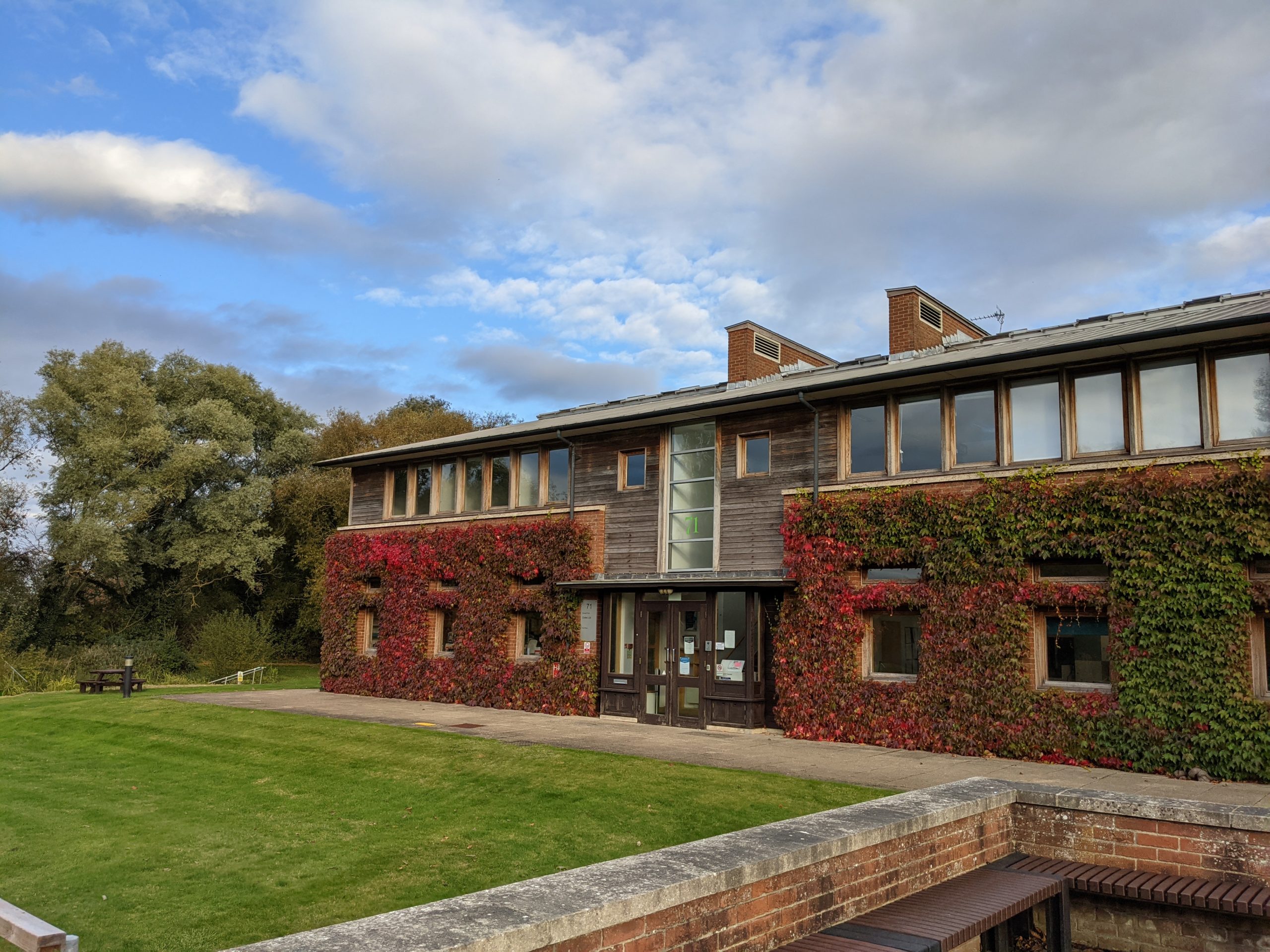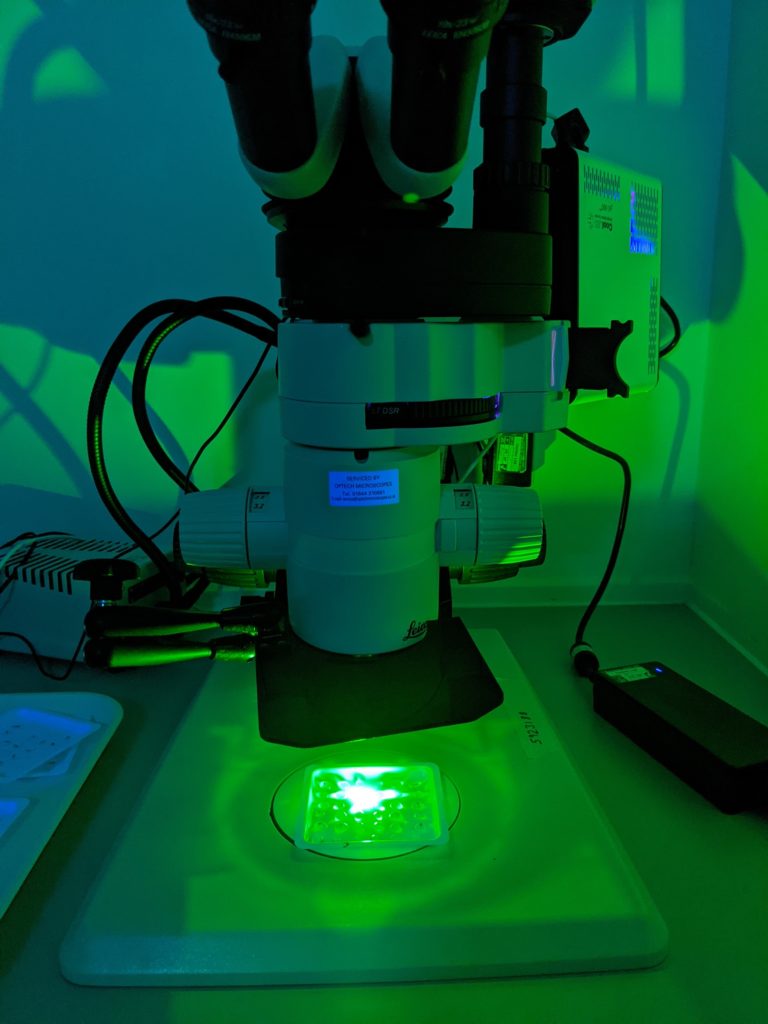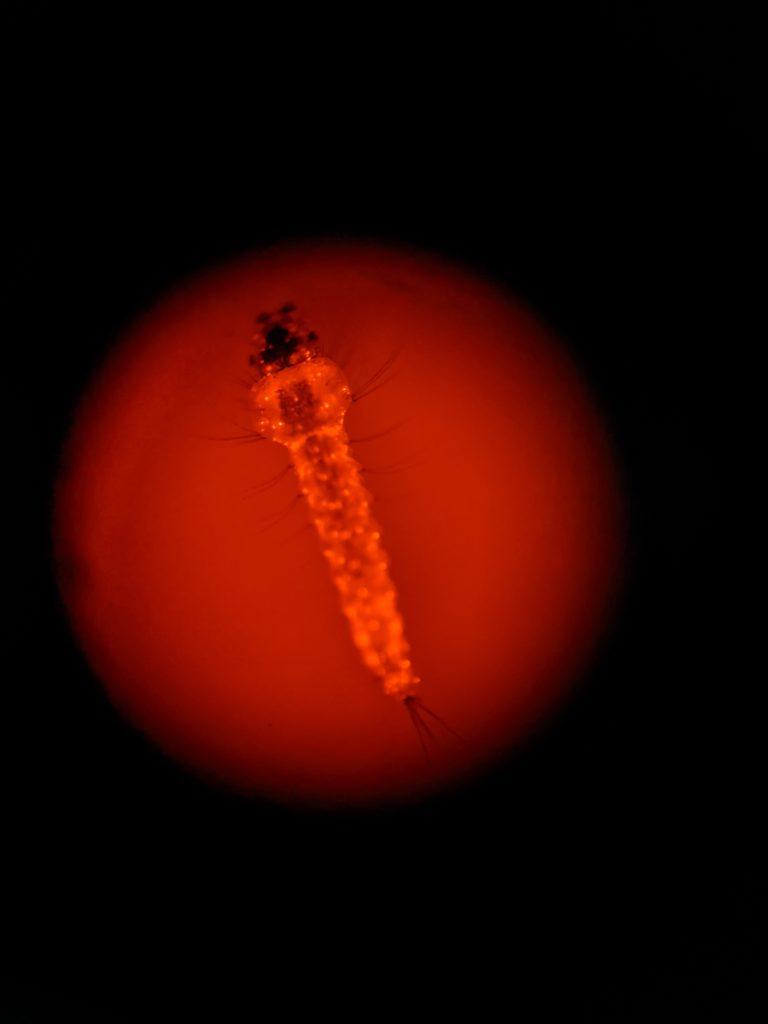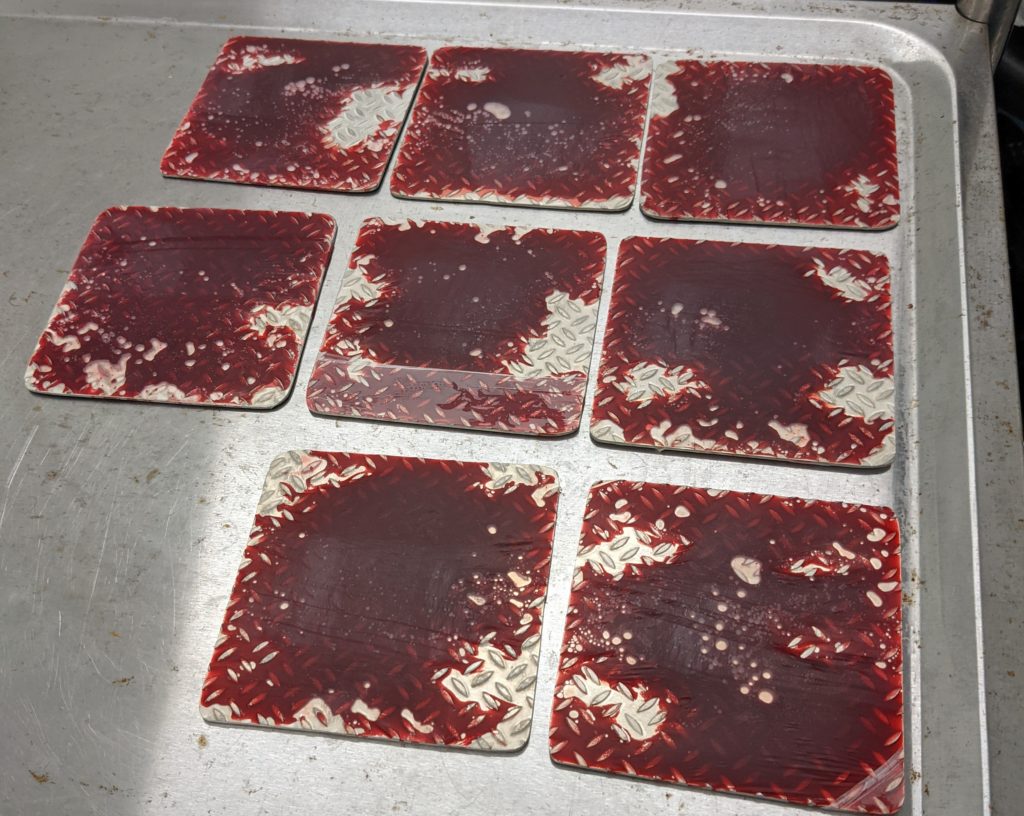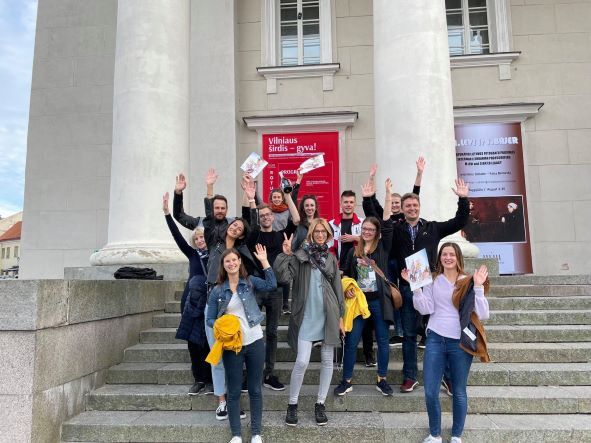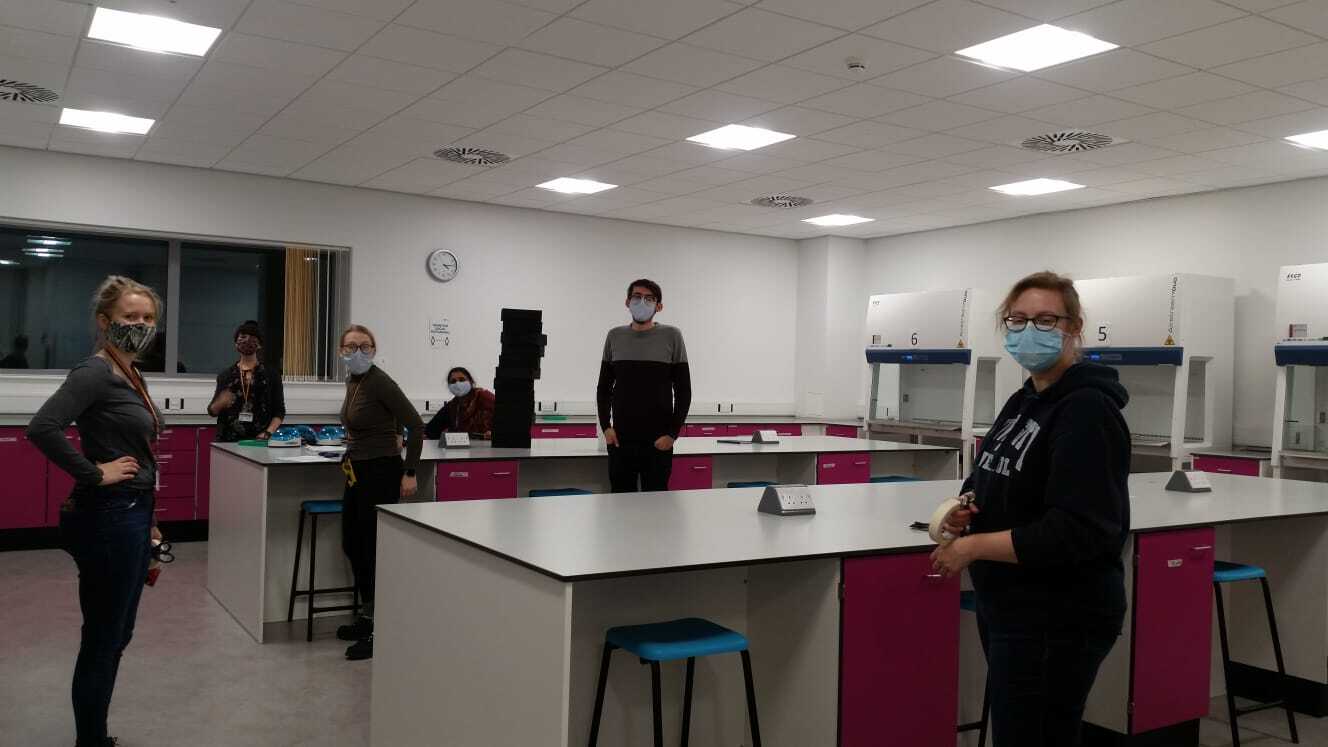Welcome to the Autumn edition of our newsletter! The aim of this newsletter is to keep you informed on upcoming events and opportunities, as well as to share with you the achievements of our students.
If you have any news items you wish to be included in future newsletters, please email them to a member of the comms team!
~~~
News
- Welcome to our new cohort of 2023 starters! We are so excited for you to be a part of the White Rose DTP, and look forward to seeing all that you accomplish.
- Symposium 2023
Registration for our Annual Symposium is now open! Attendance is compulsory for all students, except for those on placements. Any student on their PIPS or in their 5th year on extension is welcome to attend the symposium, however this is not mandatory.
This year the Symposium will take place at the Cloth Hall Court, Leeds on Friday 8th December, 09:00 – 18:00.
- 4th Year students must submit an abstract using this form (deadline Monday 30th October) for either a research or PIPS talk.
- 3rd year students will need to make a poster based on their research. Poster criteria and submission deadlines will be communicated nearer the time.
To have a look at what the day will be like, check out our archived symposium highlights from previous years!
- DTP Residential 2023
Our 2023 residential will be held from the 6th to the 9th of November at YHA Langdale in the Lake District. It will be a great opportunity to get to know people both from other year groups, and from the other universities, in an informal setting, and will include a mix of fun, social time, cohort building, and training sessions. It is recommended for 1st and 2nd year students, and optional for years 3 and 4.
The registration deadline has been extended to the 6th of October.
Things you may have missed…
There are many things going on behind the scenes that may have flown under the radar!
- DTP Science Book Spotlight blogs
Are you passionate about reading? Look no further! Isobel from our Comms team has started a book review blog series in which you will be treated to regular reviews on popular science books. Her first post discusses ‘The Immortal Life of Henrietta Lacks’ by Rachel Skloot, the controversial story behind the cultured HeLa cells and the black US-American woman to whom those cells belong.
If you are interested in writing your own review, or even just have some science book recommendations, then please get in touch with a member of the comms team!
- Where has your PhD taken you?
Back in January, we sent around a questionnaire about where you have travelled to as part of your PhD. In case you missed our Tweet, here are some highlights from the responses we received!
Have you been somewhere that isn’t on these maps! Help us keep them up to date by letting us know!
- A note from your comms team
Are you interested in science communication and/or are wanting to fill that CV? We’re looking for new members to join the WRDTP comms team! No experience required and time commitment can be flexible. Whether it is writing one-off blog posts (like our book reviews) or becoming a permanent member of the team, it would be great to welcome some new faces and perspectives onto the team! If you are interested or would like more information, please contact a member of the team.
Student Achievements
This is where we usually mention students who have given talks, won awards and published papers. However, due to technical issues based around Twitter/X, we’ve been unable to keep up with all of your amazing achievements this time! If you (or someone you know) have any achievements you think we should know about, then please get in touch!

